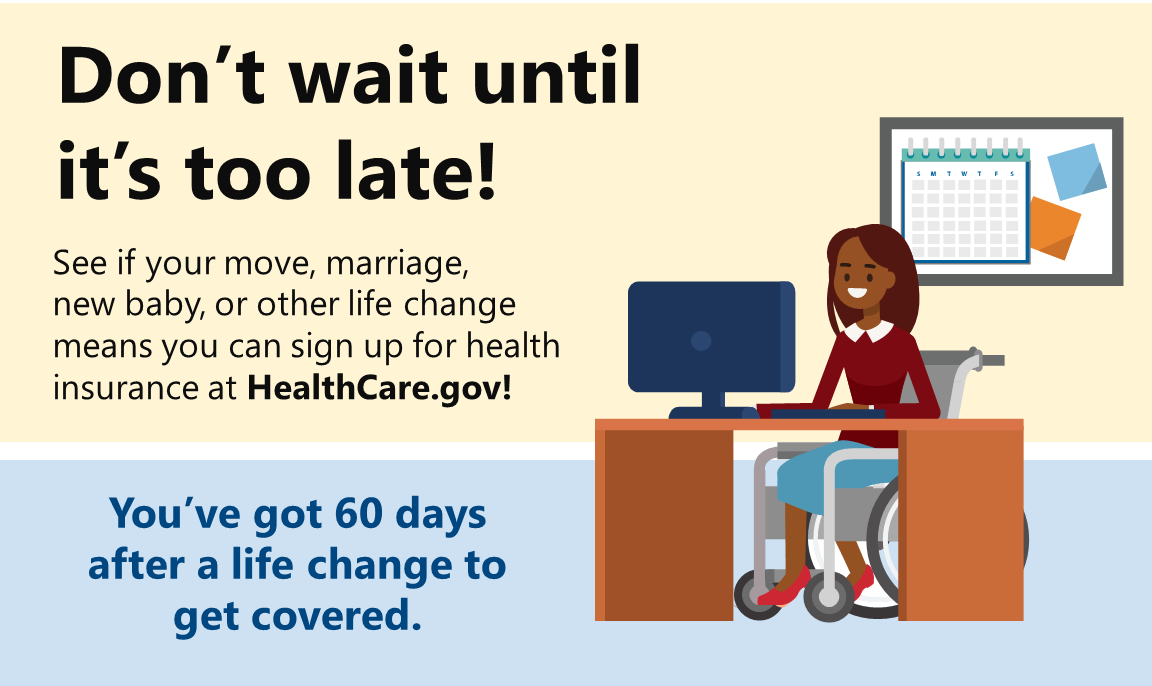JUDGE STRIKES DOWN MEDICAID WORK REQUIREMENTS
On Wednesday, a federal judge struck down the Medicaid work requirements and blocked their continued enforcement in both Kentucky and Arkansas. The National Health Law Program (NHeLP) was involved with this litigation and has issued a press release which includes links to the decisions in both the Kentucky and Arkansas cases. Also, check out the blog post we published last year which highlights news stories that we have published as well as several resources on Medicaid work requirements.
Health care and the ACA have been in the news for other reasons this week. A new bill was introduced in the House on Tuesday which would expand the availability of premium tax credits and invalidate new rules on coverage outside the ACA. To read more about the proposed legislation, check out the analyses written by the Center on Budget and Policy Priorities and Families USA. Additionally, the Trump Administration asked a federal appeals court to invalidate the entire ACA by upholding a district judge’s ruling in December. Two new blog posts this week from Health Affairs address both the ACA litigation and the new House bill.
The Centers for Medicare and Medicaid Services (CMS) has issued its report for the 2019 open enrollment period. This report shows that over 11.4 million people have gotten coverage through the health exchanges. To read more about the 2019 open enrollment, check out the CMS fact sheet which includes demographic breakdowns for enrollment. You can also find state and county level data in the CMS public use files. This report can also be found on our Resources & Links page under “Enrollment Statistics.”
The Kaiser Family Foundation has released an updated brief on the “coverage gap” in states that do not implement the Medicaid expansion under the ACA and what happens to those individuals who do not make enough to qualify for the ACA’s premium tax credits. To learn more or for a link to the brief, check out our news item.
The Georgetown University Center on Health Insurance Reforms (CHIR) published a new blog post this week which looks at a new Request for Information by the Trump Administration on selling health insurance across state lines.
The CHIR blog is also doing a series of posts on the proposed Notice of Benefit and Payment Parameters and the comments that have been submitted on the proposed rules. The first in this series looks at comments made by the health insurance industry.
We are continuing to work with Community Catalyst and other partners to make sure that consumers are aware when they are entitled to a Special Enrollment Period (SEP). For more graphics like the one below which can be used to educate consumers about SEPs, check out our blog post which includes a link to an online drive of graphics. If you’re looking for information about helping people understand how to get the most out of their insurance, check out our prior blog post which includes a link to an online drive with graphics on health literacy.
The Independent Living Research Utilization program in Houston, Texas is currently seeking 1-3 undergraduate and graduate students to participate in a summer internship as part of the Collaborative on Health Reform and Independent Living (CHRIL). The internship is 10 to 12 weeks and includes a stipend. Applications are due today. To learn more, check out the CHRIL website.
We recently released our Call to Action to the disability community to learn about the All of Us Research Program and consider participation. If you want to learn more about our project with the NIH’s All of Us Research Project, check out the Frequently Asked Questions document about the program.
Are you looking for local partners to help with outreach to the disability community? The NDNRC has Community Outreach Collaboratives (COCs) which work to increase collaborations in the community, dissemination and outreach efforts and enrollment of people with disabilities in the ACA marketplace. You can find a COC, on the COC page of our website.
Archives of our weekly updates are available on the NDNRC website.

